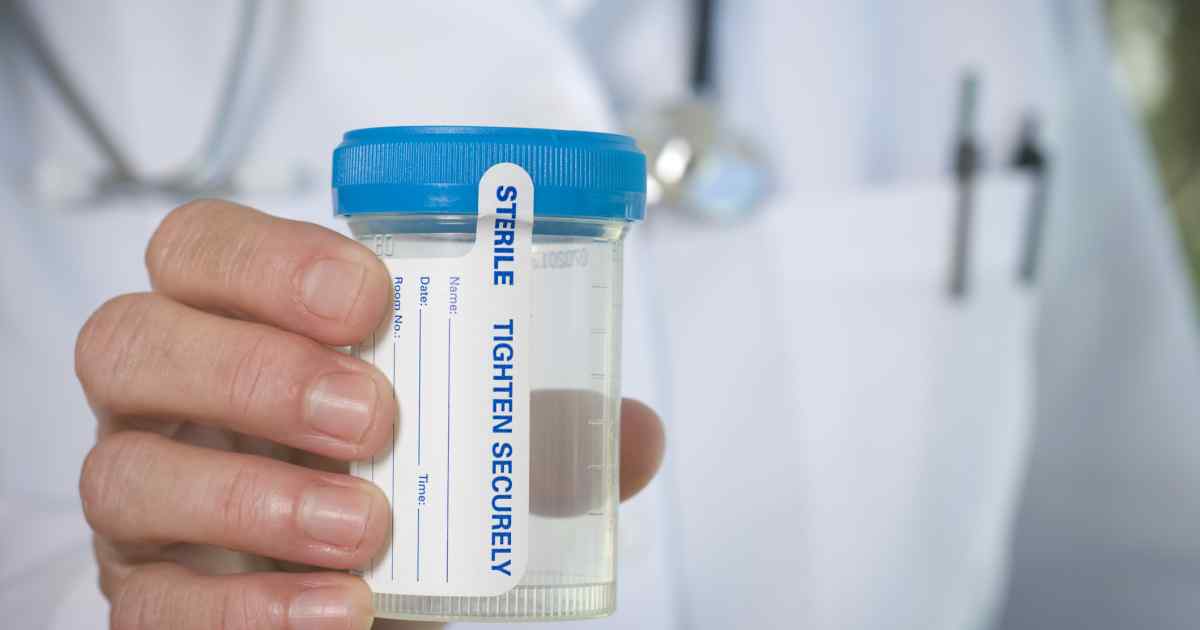Bladder cancer is one of the most common cancers, but early treatment can make a big difference. Fortunately, you can learn all about the signs, symptoms and treatments with an online search right now, which could help you get treatment early on.
Early Signs of Bladder Cancer
There aren’t many early symptoms of bladder cancer, and all of them can occur in a variety of different medical conditions. Therefore, you’ll need to go to a doctor as soon as possible to get a correct diagnosis and start the necessary treatment.
Anyone who is experiencing the following could have bladder cancer:
- Pain while urinating: 20 to 30 percent of patients with bladder cancer will experience irritative bladder symptoms such as painful urination.
- Urine that’s tinged red: Blood in the urine (called hematuria) is one of the first signs of bladder cancer. If there is enough blood it can change the color of the urine to be orange, pink, or darker red.
- Frequent urination: The need to urinate more often than usual may be a sign of bladder cancer.
- Being unable to urinate despite feeling the need to: An uncomfortable full bladder sensation is sometimes associated with bladder cancer.
If you have bladder cancer, particularly more advanced cancer, you may also experience:
- Weight loss
- Loss of appetite
- Lower back pain (on one side)
- Feet swelling
- Weakness or fatigue
- Bone pain
Bladder Cancer Treatments
The prognosis for patients with bladder cancer is very good if they get treatment immediately. Doctors can use a variety of treatments including the following.
Intravesical Therapy
People who are in stage 0 of bladder cancer are often treated with Bacillus Calmette-Guerin (BCG) immunotherapy. BCG is typically given as a vaccine for tuberculosis, but Cancer.org indicates that it’s also a very viable treatment option for bladder cancer.
Intravesical Chemotherapy
If your bladder cancer isn’t very advanced, you might be treated with mitomycin. This form of chemotherapy can be injected directly into the bladder, which tends to minimize or even eliminate many of the most common chemotherapy side effects. Some people do develop a mild burning or feeling of irritation in the bladder.
Standard Chemotherapy
If you’re in the later stages of bladder cancer, chemotherapy may need to be dispersed throughout your body via an injection into one of your veins. In many cases, this is done for a short period of time before or after surgery.
The American Cancer Society reports that getting chemotherapy before surgery is the most effective option for positive long-term results. Chemotherapy can cause several side effects, including fatigue, nausea, infections, and hair loss.
Radiation Therapy
In this treatment, high-energy rays are utilized to destroy the cancerous cells in your body. Side effects can vary, but you might deal with bladder irritation, bleeding from the rectum, and fatigue. Radiation therapy is especially effective for treating localized tumors that haven’t spread out of your bladder.
Ureterostomy
This surgical intervention diverts the flow of urine through a newly created abdominal opening. Many people will need to wear a pouch to collect the urine. As long as the surgery goes well, there are no notable side effects, although you will need to learn how to manage your pouch.
Ureterosigmoidostomy
This is another treatment that involves altering the urine’s pathway out of the body. After this procedure has been completed, urine will begin passing through the colon and will be expelled via the anus. Over time, this could lead to malabsorption issues, metabolic problems, bone demineralization, and renal function impairments.
Cystoprostatectomy
Depending on the severity of the cancer and what areas it has spread to, a cystoprostatectomy could be necessary. This surgery removes the prostate and bladder.
Although a cystoprostatectomy is an effective way to treat bladder cancer, it can also come with a long list of unwelcome side effects. For example, men will no longer be able to ejaculate, and both men and women may experience long-term sexual dysfunction.
Cystourethrectomy
Similar to a cystoprostatectomy, this treatment includes removing the urethra and the bladder. This method is effective, but you’ll need up to eight weeks of recovery time. There are also some serious complications that might develop during or after surgery such as blood clots, electrolyte abnormalities, and dehydration.
Removal of Abnormal Growth
Another surgical option is to remove the abnormal growth from the bladder. In some cases, this requires the complete removal of the bladder, but no other body parts will be removed. As long as the entire growth is removed, you should have a full recovery.
An Early Diagnosis Could Save Your Life
By exploring all of your available treatment options as soon as concerning symptoms present themselves, you can keep bladder cancer from shortening your life. Keep in mind that every day you wait your odds of beating this type of cancer significantly lowers.
Take the time to read more online about the symptoms of this disease. This could help you spot warning signs and get medical attention in an early stage.
